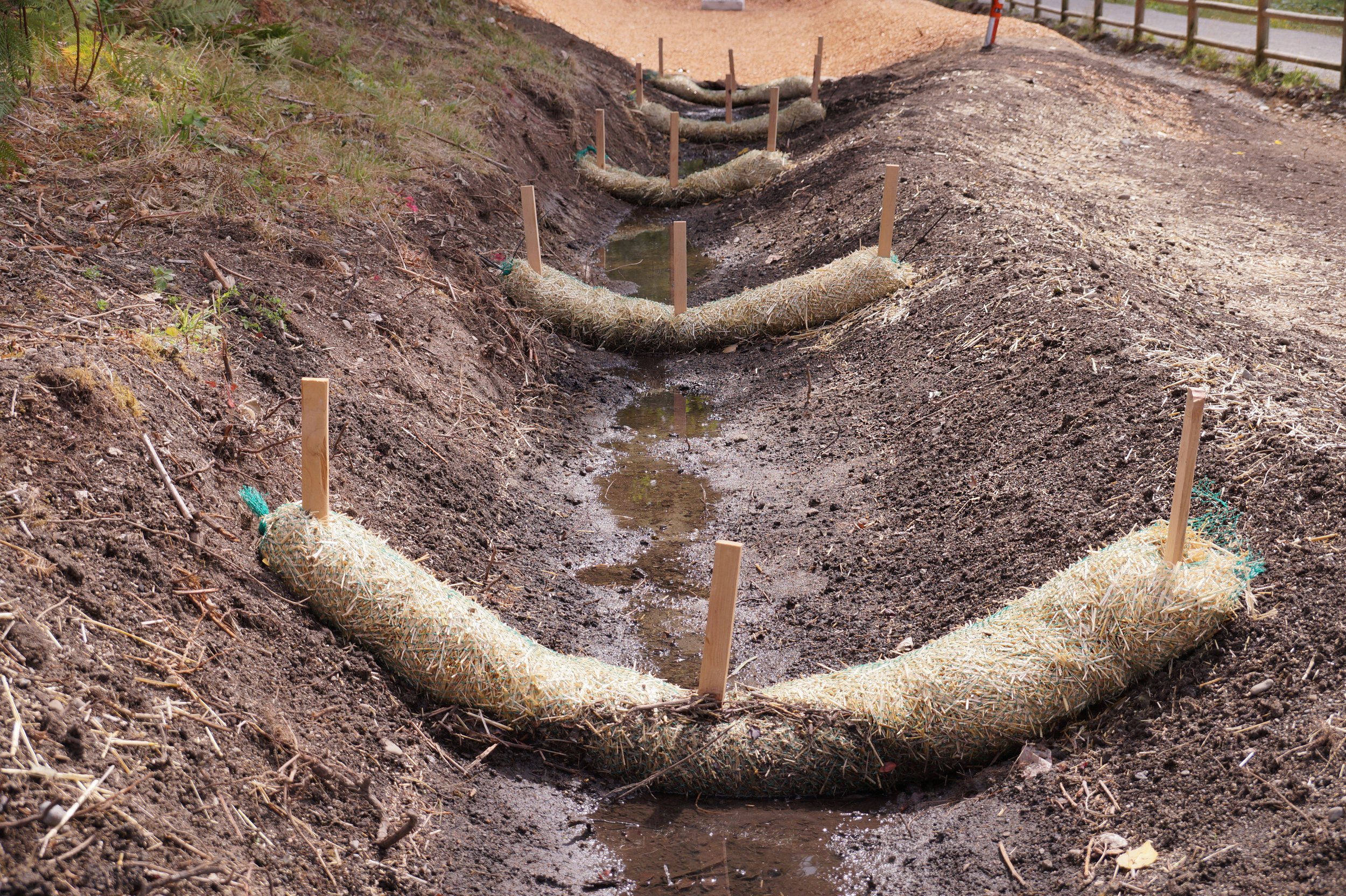Understanding Stormwater Pollution Prevention Plans (SWPPP): A Comprehensive Guide
Stormwater pollution is a pressing environmental concern that affects waterways, ecosystems, and public health. At Environmental Construction Solutions, we specialize in providing effective solutions for stormwater management and pollution prevention. In this article, we'll delve into what a Stormwater Pollution Prevention Plan (SWPPP) is, why it's essential, and how we can assist you in implementing one effectively.
What is a Stormwater Pollution Prevention Plan (SWPPP)?
A Stormwater Pollution Prevention Plan (SWPPP) is a detailed, site-specific document that outlines how a construction project will minimize stormwater pollution. It includes best management practices (BMPs) to control erosion, sediment, and other pollutants from construction activities. The SWPPP is a critical component for compliance with the National Pollutant Discharge Elimination System (NPDES) permit program under the Environmental Protection Agency (EPA).
Why is SWPPP Important?
Regulatory Compliance: Failure to implement a SWPPP can result in hefty fines and legal actions. Compliance with federal, state, and local regulations is mandatory for construction sites.
Environmental Protection: A well-executed SWPPP helps protect nearby water bodies from pollutants, safeguarding aquatic life and ecosystems.
Community Relations: Demonstrating a commitment to environmental stewardship enhances your company's reputation within the community.
Risk Management: Proactively managing stormwater reduces the risk of project delays caused by environmental violations.
Key Components of a SWPPP
Site Assessment
Evaluation of potential pollution sources
Identification of sensitive areas like wetlands and streams
Erosion and Sediment Control Measures
Installation of silt fences, sediment basins, and erosion control blankets
Good Housekeeping Practices
Proper storage of materials
Regular site inspections and maintenance
Waste Management
Procedures for handling construction waste, chemicals, and hazardous materials
Training and Communication
Educating staff on SWPPP protocols
Clear signage and documentation on-site
How Environmental Construction Solutions Can Help
At Environmental Construction Solutions, we offer a range of products and services to support your SWPPP implementation:
Erosion Control Products
Silt fences
Erosion control blankets
Wattles and filter socks
Stormwater Management Systems
Detention and retention systems
Oil-water separators
Dewatering devices
Vegetation Management
Choosing the right seed mix
Addressing fertility concerns
Steps to Implementing an Effective SWPPP
Plan Development
Collaborate with experts to create a comprehensive SWPPP.
Obtain Necessary Permits
We assist in navigating the permitting process to ensure compliance.
Implement BMPs
Installation of erosion and sediment control measures.
Training
Educate your team on SWPPP requirements and practices.
Monitoring and Maintenance
Regular site inspections and updates to the SWPPP as needed.
Implementing a SWPPP is not just about compliance—it's about protecting our environment for future generations. Let Environmental Construction Solutions be your partner in achieving effective stormwater pollution prevention.
By understanding and implementing a robust SWPPP, you're not only complying with regulations but also contributing to a healthier environment. Trust Environmental Construction Solutions to provide the expertise and resources you need for successful stormwater pollution prevention.


